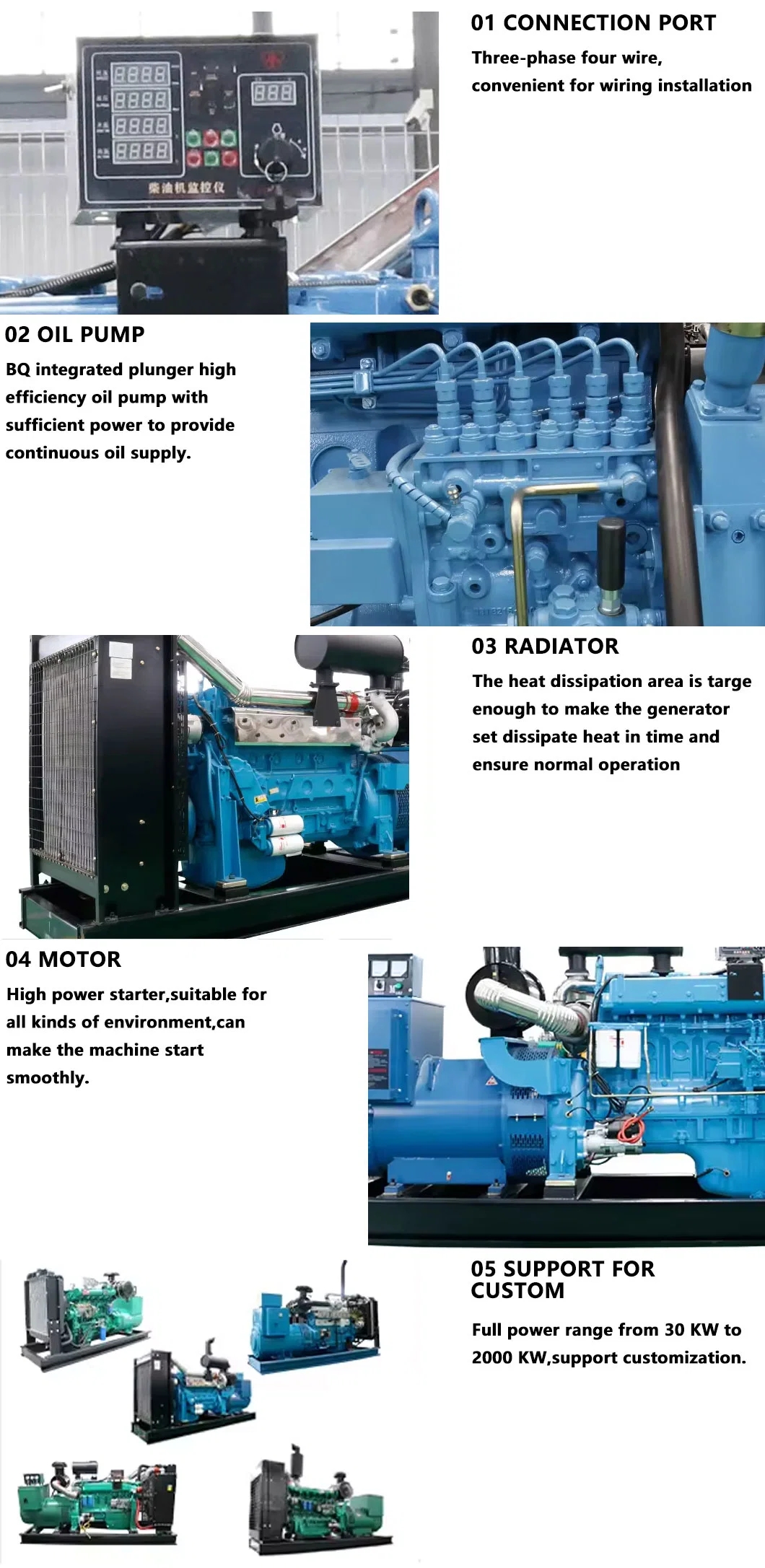Introduction
In remote locations where access to the main power grid is limited or non-existent, the need for reliable power sources is crucial. Diesel generators have long been a popular choice for providing electricity in such areas due to their durability, efficiency, and ease of maintenance. This article will explore the role of diesel generators in remote control applications, highlighting their benefits, challenges, and key considerations for successful implementation.
Benefits of Diesel Generators in Remote Control
One of the primary advantages of using diesel generators in remote control applications is their reliability. Diesel engines are known for their robustness and ability to operate continuously for extended periods without experiencing significant wear and tear. This reliability is essential in remote locations where access to maintenance and repair services may be limited.
Another key benefit of diesel generators is their efficiency. Diesel engines are more fuel-efficient than their gasoline counterparts, meaning they can provide more power for a given amount of fuel. This efficiency is particularly important in off-grid locations where fuel availability may be limited, making diesel generators a cost-effective choice for powering remote control systems.
In addition to reliability and efficiency, diesel generators are also known for their durability. Diesel engines are designed to withstand harsh operating conditions, making them well-suited for remote control applications in rugged environments. Their sturdy construction and long lifespan contribute to their appeal as a power source in off-grid locations.
Challenges of Diesel Generators in Remote Control
While diesel generators offer numerous benefits for remote control applications, they also present some challenges that need to be addressed. One of the primary concerns with diesel generators is their environmental impact. Diesel engines produce emissions that can be harmful to the environment and contribute to air pollution. In remote locations with pristine natural surroundings, these emissions can have a significant impact on local ecosystems and wildlife.
Another challenge associated with diesel generators is their noise levels. Diesel engines are known for being loud and can create noise pollution in remote areas where quiet and tranquility are valued. This noise pollution can be disruptive to both wildlife and local communities, making it necessary to implement soundproofing measures or locate the generators away from sensitive areas.

Furthermore, diesel generators require regular maintenance and refueling, which can be challenging in remote locations with limited access to resources and skilled technicians. Ensuring a reliable supply of fuel and spare parts, as well as having trained personnel available for maintenance and repairs, is essential for the smooth operation of diesel generators in off-grid settings.
Key Considerations for Implementing Diesel Generators in Remote Control
When planning to implement diesel generators for remote control applications, several key considerations need to be taken into account to ensure their effective and sustainable operation. 200kw diesel generator include:
1. Sizing and Capacity: It is essential to accurately determine the power requirements of the remote control system and select a diesel generator that can meet those needs. Oversized generators can be inefficient and costly to operate, while undersized generators may not provide enough power for the desired applications.
2. Fuel Supply: Securing a reliable source of fuel is critical for the continuous operation of diesel generators in remote locations. Considerations should be made for fuel storage, transportation, and potential alternatives in case of supply disruptions.
3. Maintenance and Service: Establishing a maintenance schedule and ensuring access to spare parts and skilled technicians are crucial for the long-term performance of diesel generators. Regular maintenance checks, oil changes, and filter replacements are essential to prevent breakdowns and ensure the generators operate efficiently.
4. Environmental Impact: Implementing measures to mitigate the environmental impact of diesel generators, such as installing emission control systems or using biofuels, can help minimize their carbon footprint and reduce air pollution in remote areas.
5. Noise Reduction: Implementing soundproofing measures, locating the generators strategically, or using quieter generator models can help minimize noise pollution and ensure minimal disruption to wildlife and local communities.
6. Remote Monitoring: Implementing remote monitoring systems can help track the performance of diesel generators, identify issues proactively, and optimize their operation for maximum efficiency. Remote monitoring can also enable remote troubleshooting and reduce the need for on-site maintenance visits.
Conclusion
Diesel generators play a crucial role in powering remote control systems in off-grid locations, offering reliability, efficiency, and durability for continuous operation. While diesel generators present challenges such as environmental impact, noise pollution, and maintenance requirements, these issues can be addressed through proper planning and implementation. By considering key factors such as sizing, fuel supply, maintenance, environmental impact, noise reduction, and remote monitoring, diesel generators can be effectively utilized in remote control applications to provide reliable power where it is needed most.
